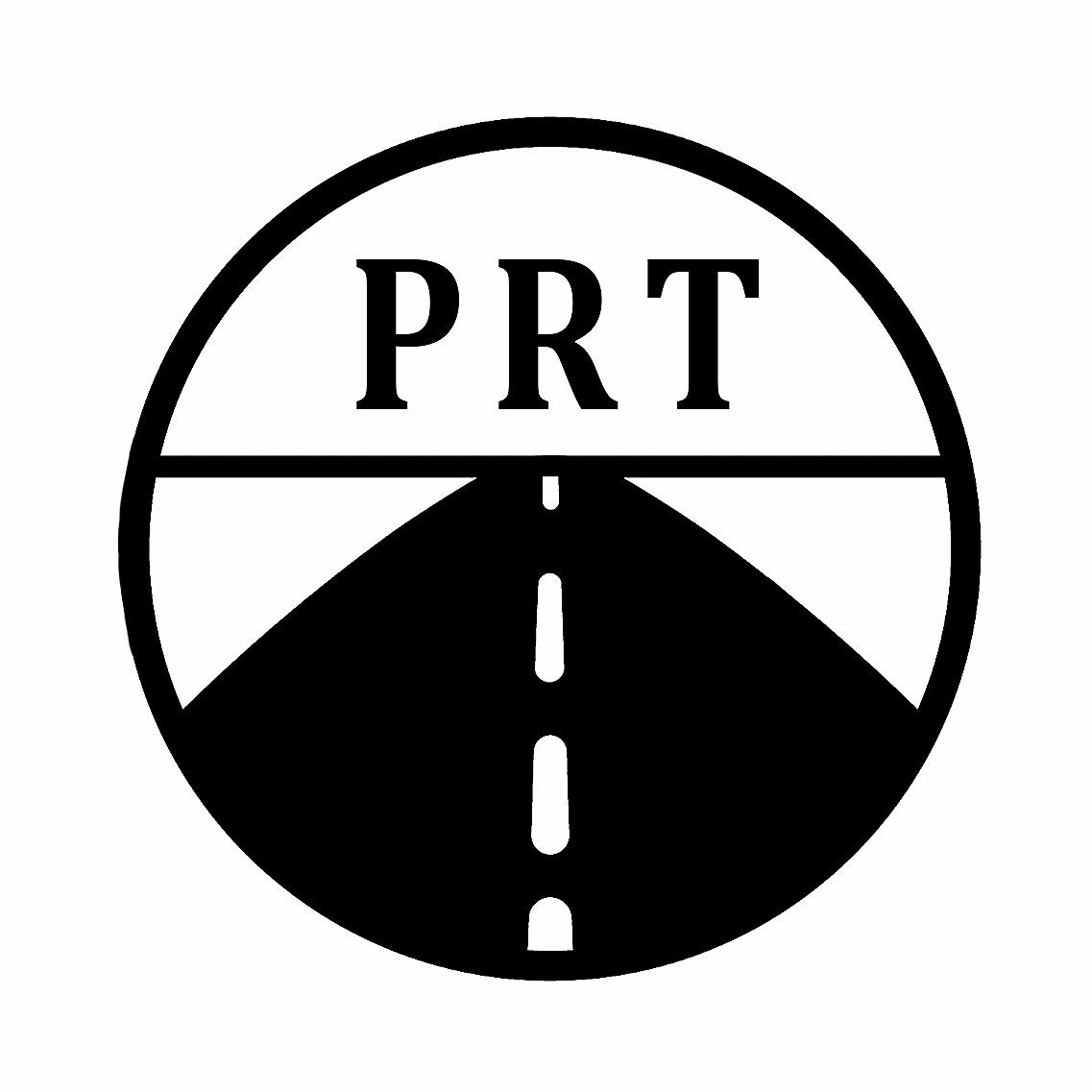PMP® Exam Prep: Guidance Provided Here
A Series of Videos on How to Prepare for the PMP Exam
Watch this complete video series for guidance on how to prepare for the PMP Exam
Who will you follow?
As you resolve to prepare for the PMP exam, you look around for some guidance, which is wise — a significant amount of your time and energy will be required to prepare for the PMP exam. It is critical that the guidance you choose to follow is reliable.
Main purpose of this video series is to provide you with solid guidance based on a decade of working closely with my students and observing which ones are successful and why.
Then, I hope you will decide to purchase my PMP Exam Prep course, and allow me to guide you through the fog — following a proven road to PMP exam success.
PMP Exam Success: three key factors
Working closely with the hundreds of students who've come through my PMP exam prep study group over the years, I've observed three key factors that are critical to reaching PMP exam success:
Level of effort
Consistency of effort
Study strategy
Success on the PMP exam does not happen by itself... you simply have to put in the study effort.
Unless you maintain an adequate level of effort on a very consistent basis, you will forget material and have to re-learn it over and over again. I use the analogy of a five gallon bucket with a few holes in it. You are trying to fill it with a hose. When the water level reaches the top, you will be ready to pass the test. When you go on vacation for a week and fail to study at all, the water level in the bucket drops significantly, and you need to study a lot, just to bring the level up to where it was before you took a break for vacation. You need to study while you are on vacation! At least practice your two-page brain dump every day, and flip through your flashcards every day. This will keep your head in the game. Better yet, don't go on vacation during this study period!
Study strategy is critical too. There is a lot of material you need to learn. To do so effectively, you need to study some material a certain way first, and other material in a difference way, later. And then a level of review needs to be maintained so that you can gather-up and retain everything you need to know and keep it in your head at the same time, as you go into the test.
Practice Questions
Practice questions can help reinforce material that you've studied, and deepen your understanding of the material. Good practice questions can also prepare you to navigate the various tricks and traps you can expect to see on the actual PMP exam. Different authors have different writing styles, and it is good to work with practice questions from at least a couple of different authors. But for crying out loud, choose your sources of practice questions carefully! I write my own practice questions to teach with, and I recommend certain authors for their practice questions. I try to direct my students away from other authors because I think their practice questions are poor, on average, in various ways. Good practice questions require a lot of thought and care to write. They get refined through use in classroom instruction. They are precious assets, and competent authors are not going to just put them out on the internet for the general public to access for free. Expect to pay for them. Your study time is precious. Don't waste a second of it on 'free' questions.
Practice Tests
Practice tests have only one purpose: assessment -- to help you determine if you are likely ready to take and pass the actual PMP exam. I see far too many students trying to use practice tests as a means to learn the material they need to know to sit for the actual PMP exam. This is a terrible way to try to learn anything! Just imagine: you work through a large number of questions in random order, exploring various concepts, and then you get a score and maybe you get around to examining where you got answers wrong and try to take some lessons from that. Especially early-on in your study cycle don't waste your time on practice tests at all. Later, when you feel confident that you are ready for the exam, you might take one practice test from a trusted source, just to confirm your readiness. The key difference between practice questions and practice tests is that you get immediate feedback after each practice question -- did you get it right or wrong, and what more can you learn from reading the detailed explanation included along with the answer to the question? If a source for practice tests allows a practice question mode, where you work through questions one at a time, getting full feedback on each question immediately after answering it, then this can be valuable -- so long as the source is good. Again, choose your sources carefully. Who you choose to follow is critical.
